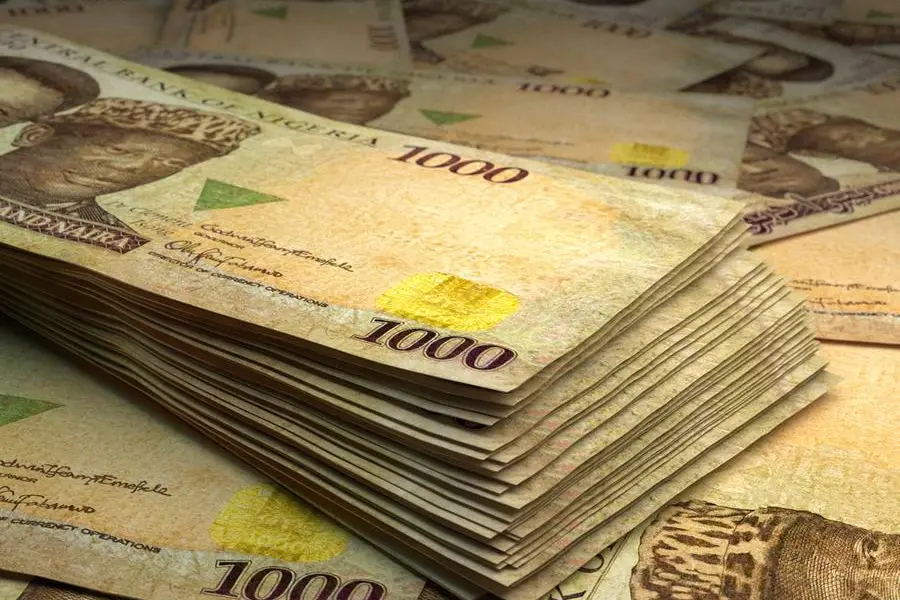PHOTO
The Centre for the Promotion of Private Enterprises (CPPE) has said that the argument that currency swaps would enhance monetary policy effectiveness and curb inflation has no strong basis in economic theory.
CPPE, in a statement on Sunday by its Chief Executive Officer, Dr Muda Yusuf, said the currency swap drive of the Central Bank of Nigeria (CBN) is “committing huge resources to fixing what is not broken.”
Dr Yusuf said, “Money supply is a more critical variable in the inflation equation. Total money supply in the Nigerian economy as at December 2022 was N52 trillion; total currency was N2.6 trillion.
“Thus, cash as a percentage of money supply was only five percent. The implication is that 95 percent of money is still within the banking system.
“It is therefore a gross misrepresentation to give the impression that 85 percent of money is outside the banking system. Currency is only five percent of money in the economy and should therefore not warrant the scale of energy and resources being dissipated around it.
“The focus of monetary authorities should be on regulating money supply, not on mopping up currency notes.
“Currency notes are meant to be largely outside the banks, not in the banks. Cash is a medium of exchange to be used by citizens, not to be stored in banks. There is nothing unusual if 85 percent of cash is outside the banking system; just as chequebooks or ATM cards are supposed to be largely in the hands of bank customers.”
The CPPE boss added that another key metric to determine the cash dominance in an economy is currency in circulation-to-GDP ratio. He noted that Nigeria, with a currency-to-GDP ratio of less than 1.5 percent, is already ahead of most advanced economies in cashless policy implementation.
The Centre added that the crisis caused by swap of the new naira notes could put the N100 trillion component of the national Gross Domestic Product (GDP) at risk as it would particularly affect trade and commerce, and agriculture sectors of the economy which contribute 14 percent and 25 percent, respectively to the GDP.
“The crippling of business transactions at the distributive trade end amid the currency swap crisis would not only undermine the trade and agricultural sectors but would have a knock-on effect on the manufacturing value chain and the services sectors.
“This is because whatever is produced has to be sold. The trading end of the chain has been greatly disrupted by this currency swap crisis.
“Most of the activities in these sectors are either in the rural areas or in the informal sector of the economy. These are the sectors that have been driving the resilience of the Nigerian economy amid numerous domestic and global headwinds. Any policy measure that would negatively disrupt these sectors should be avoided,” it said.
Dr Yusuf added that the currency swap crisis is felt more by citizens, especially the 30 million unbanked Nigerians and rural dwellers who are still in possession of old notes.
“For an economy that is tottering on the brink, the capacity to absorb shocks and disruptions is severely constrained. With 133 million Nigerians in poverty, inflicting additional hardship on the citizens would be unfair, insensitive and inconsiderate.
“The reality is that presently in many parts of the country, more than half of the currency in the hands of citizens are still old notes.
“Given the size of the Nigerian economy, our large population of over 200 million people, the dominance of the rural economy, the huge informal sector, the literacy level, and the over 30 million Nigerians that are unbanked, a minimum of six months window ought to have been given for the currency swap exercise,” he said.
Copyright © 2022 Nigerian Tribune Provided by SyndiGate Media Inc. (Syndigate.info).




















